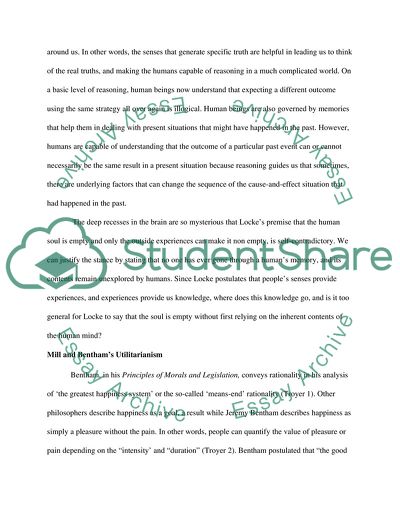Cite this document
(The Various Philosophers View of the World, the Nature of Reality, and Coursework - 2, n.d.)
The Various Philosophers View of the World, the Nature of Reality, and Coursework - 2. https://studentshare.org/philosophy/1787564-critical-analysis-paper
The Various Philosophers View of the World, the Nature of Reality, and Coursework - 2. https://studentshare.org/philosophy/1787564-critical-analysis-paper
(The Various Philosophers View of the World, the Nature of Reality, and Coursework - 2)
The Various Philosophers View of the World, the Nature of Reality, and Coursework - 2. https://studentshare.org/philosophy/1787564-critical-analysis-paper.
The Various Philosophers View of the World, the Nature of Reality, and Coursework - 2. https://studentshare.org/philosophy/1787564-critical-analysis-paper.
“The Various Philosophers View of the World, the Nature of Reality, and Coursework - 2”. https://studentshare.org/philosophy/1787564-critical-analysis-paper.


